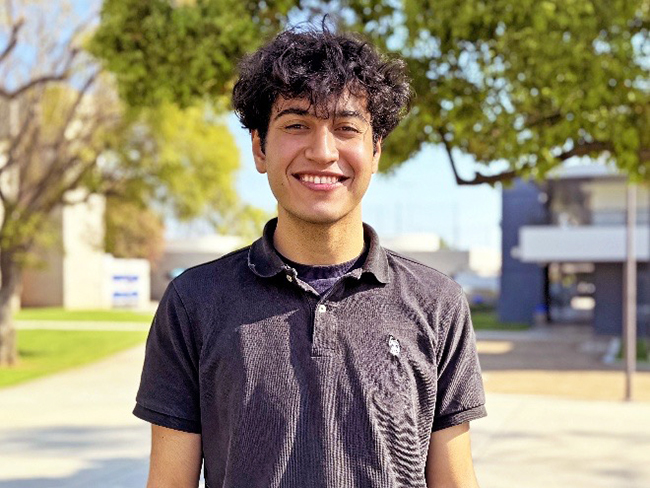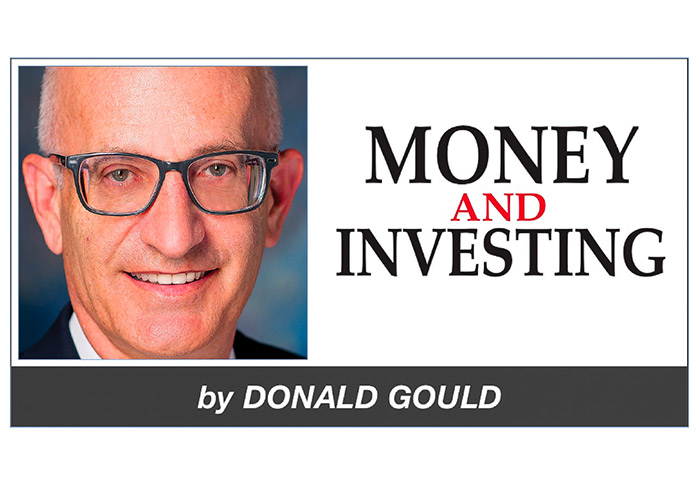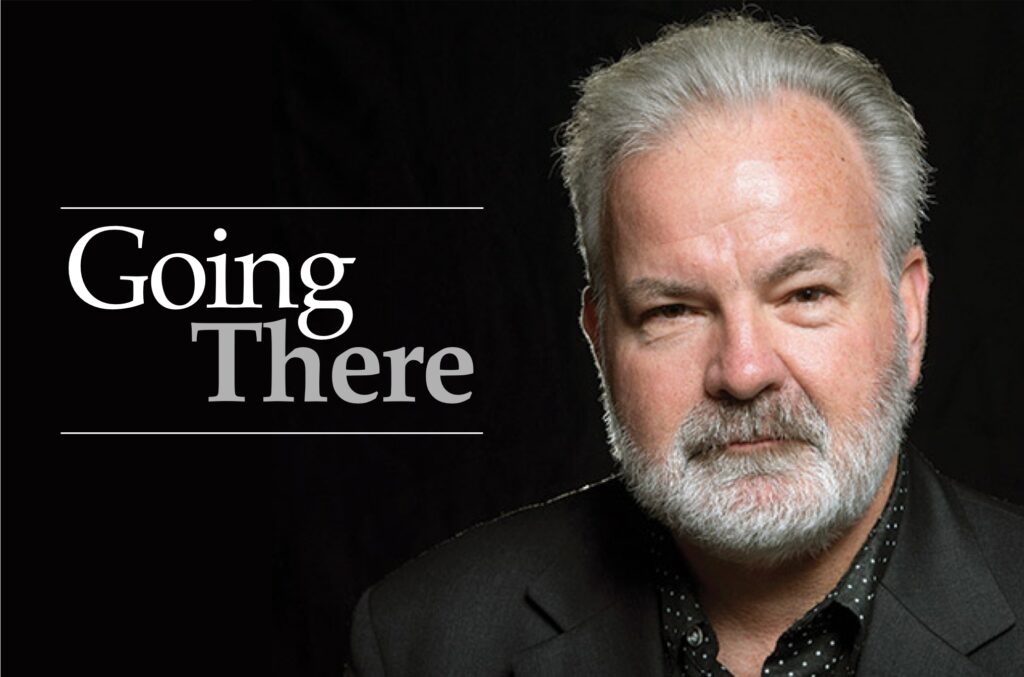Is a New Day Coming?
Across the nation and globe, whole species succumb to climate crisis, fires rage, flood waters engulf, many forms of racism and tyranny work their insidious way into the bloodstream of society, countless refugees travel roads and seas of peril.
Children, moms, dads, grandparents stagger under the pain of poverty, pandemic, violence—much of it grounded in human fear, greed, ignorance, and more fear.
Every day: loss takes a daily toll that wracks families in body and soul. Some become cynical or embittered, others look upward toward God and find silence and an empty sky.
How much of this compels rebirth? How much sows the seeds of growth and restoration?
Can it be that we here and now live on the threshold of a spiritual renaissance? Has life been sufficiently threatened and lost that we, dull creatures of waste and want, are ready to look not to the skies but to the earth beneath, our finest traditions, our fellow sojourners, and our own souls? This is where the holy resides.
And to find therein a greater capacity for love—love of life, others, earth, self. To find a repurposing, a fresh call to honesty, quietude, capacity for listening and embracing. To find a passion to reconcile with mother earth and one another across the political, economic, ethnic, racial, religious, and cultural divides.
Is a new spirituality waiting and wanting to happen? Are the tears watering the dry earth? Is the dying deepening our understanding? Can the grace and love of God, liberty and justice live within and among us with a new saving and joyous power?
I believe so! Yet it is up to us to reach beyond our typical reach, to resist unjust powers, to take holy risks for love and justice, and to know that something grand can come to life across the land.
It is time for what we at the Cobb Institute call, ecological civilization. What is an ecological civilization? It is about relationships: the relationship between humans and the planet, workers and employers, local governments, and their populations, and humans with each other. It is a life affirming concept. Nature is a teacher and if we work with our ecosystems instead of against them, we will thrive.
In 2015 Dr. John B. Cobb Jr. organized an international conference at Pomona College in Claremont California. The theme was Seizing an Alternative—Toward an Ecological Civilization. At that conference, 1,500 leading thinkers, authors, academics, activists, theologians, philosophers, and scientists came from all over the world. Shortly thereafter, sponsors of the Claremont conference launched Toward Ecological Civilization (aka, Institute for Ecological Civilization), with a mission to identify how social, political, and economic life needs to be organized if humanity is to achieve a sustainable, ecological society over the long-term. That conference sparked ideas and work that continues to grow to this day.
The ideas and work are ongoing in Claremont. These ideas have an underlying theme: love. If we fall in love with our world, we will want to save it. This new spirituality can include love for our planet, each other and our world. Can Claremont become the city of Trees and Love? We invite you to fall in love. We invite you to be part of an ecological civilization.
Is a new spirituality waiting and wanting to happen? It is up to us to reach beyond our typical reach, to reach for each other.
Dick Bunce and Kathleen Reeves
The Cobb Institute










0 Comments